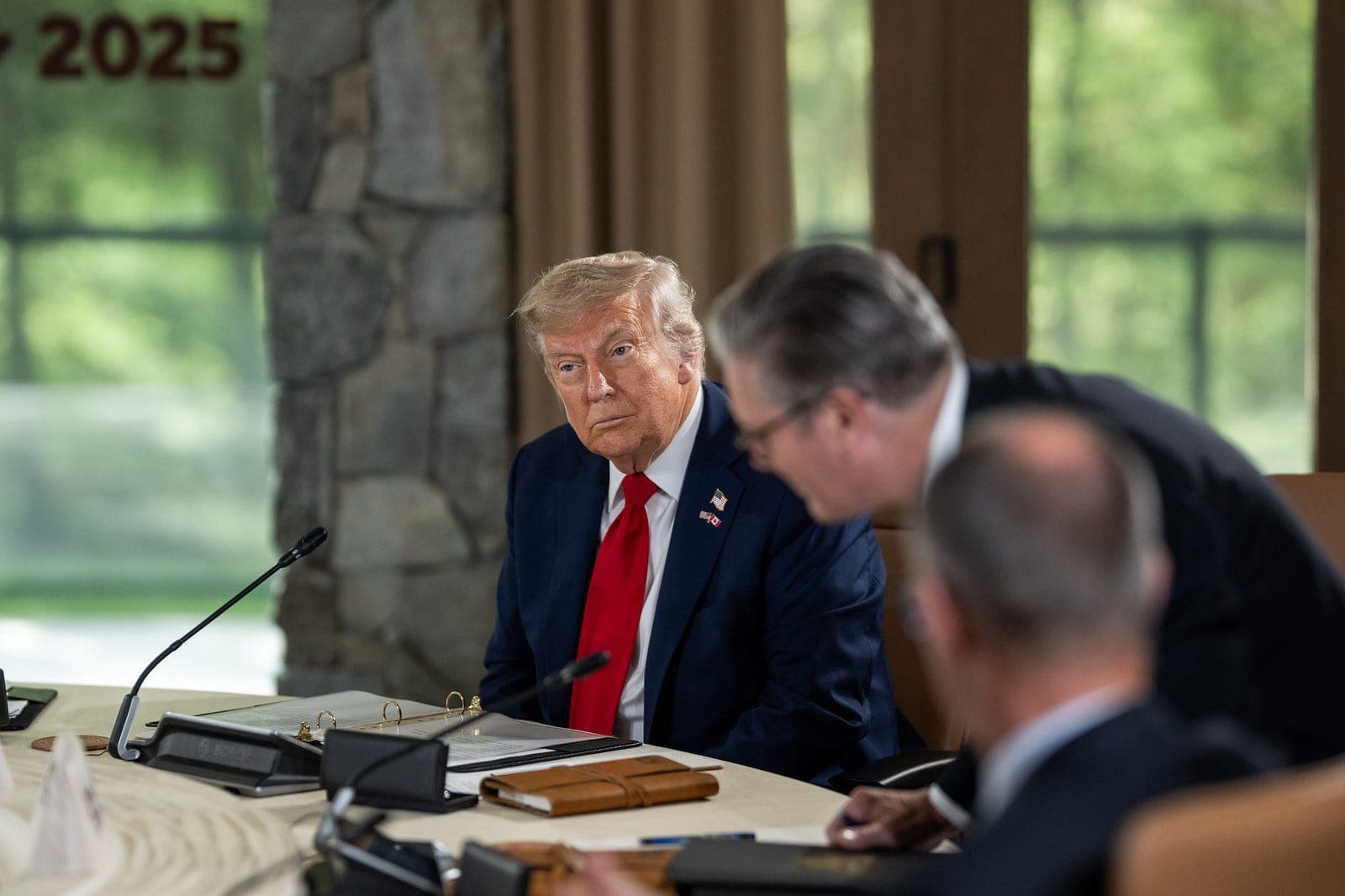We're loading the full news article for you. This includes the article content, images, author information, and related articles.
A five-day U.S. presidential tour securing American access to Asian markets and critical minerals puts a spotlight on Kenya's own economic partnerships and its strategic role in the shifting global supply chain.

A high-stakes five-day tour of Asia by U.S. President Donald Trump concluded on Thursday, 30 October 2025, reshaping American economic policy in the region and culminating in a pivotal meeting with Chinese President Xi Jinping. The tour, which included stops in Malaysia, Japan, and South Korea, resulted in a series of trade and resource-sharing agreements that carry significant implications for Kenya's economy, particularly concerning its strategic mineral ambitions and its delicate balancing act between Washington and Beijing.
The diplomatic flurry concluded with the first face-to-face meeting between Trump and Xi in six years, held in Busan, South Korea. The leaders agreed to a temporary de-escalation of their protracted trade war. According to statements following the meeting, China consented to pause its recently announced export controls on rare earth minerals for one year and increase purchases of U.S. agricultural products. In return, the U.S. will reduce overall tariffs on Chinese goods from approximately 57% to 47% and hold off on a threatened new 100% tariff.
For Kenya, the most direct consequences stem from a new U.S. focus on securing critical mineral supply chains away from China. During his stop in Kuala Lumpur for the 47th ASEAN Summit, President Trump signed a Memorandum of Understanding on critical minerals with Malaysia. This agreement ensures the U.S. can partner with American companies to access Malaysia's rare earth elements, granting an exception to Malaysia's export moratorium on unprocessed minerals. This move is a clear effort by Washington to counter China's dominance, as Beijing currently processes over 90% of the world's rare earths.
This U.S.-Malaysia pact places Kenya's own significant mineral wealth, particularly the estimated $62 billion worth of rare earth deposits at Mrima Hill in Kwale County, into sharper focus. As Kenya aims to expand its mining sector's contribution to GDP from 0.8% to 10% by 2030, the American push to diversify supply chains presents both an opportunity and a challenge. Nairobi must now compete with newly established U.S. partnerships in Asia while navigating its own complex relationship with China, which is Kenya's largest trading partner and a major investor in infrastructure.
President Trump's tour began on Sunday, 26 October 2025, in Kuala Lumpur, Malaysia. Beyond the minerals pact, the U.S. signed a reciprocal trade agreement with Malaysia, giving preferential market access for American industrial and agricultural goods in exchange for the U.S. maintaining a 19% tariff rate. The deal also included Malaysian commitments to purchase U.S. aircraft, semiconductors, and liquefied natural gas valued in the hundreds of billions of dollars.
While in Kuala Lumpur, Trump also oversaw the signing of a peace declaration between Thailand and Cambodia, aimed at resolving a deadly border dispute that flared up in July. The agreement, mediated by the U.S., involves the withdrawal of heavy weapons and the release of prisoners. Following the signing, Cambodian Prime Minister Hun Manet announced he had nominated Trump for the Nobel Peace Prize.
The subsequent legs of the tour focused on securing massive investment pledges from Japan and South Korea in exchange for tariff reductions. In Tokyo, Trump finalized a deal where Japan will invest $550 billion in strategic U.S. sectors like semiconductors, AI, and energy. Similarly, in South Korea, a $350 billion investment was pledged to lower U.S. tariffs on South Korean goods, including automobiles, to 15%.
The tour's climax was the meeting with Xi Jinping in Busan on Thursday. The talks were framed not as a negotiation between a superpower and a subordinate, but as a meeting of equals with immense stakes for the global economy. The resulting one-year truce in the trade war provides temporary relief for global markets but leaves the underlying structural tensions unresolved. Analysts suggest the agreement is more of a "tactical pause" than a strategic realignment, with China successfully leveraging its dominance in rare earths to win concessions from Washington.
For Kenya and other African nations, the outcome of the Trump-Xi summit underscores the precarious position of countries caught between the two economic giants. While a pause in the trade war is welcome, the aggressive U.S. strategy of building alternative, China-free supply chains in Asia signals a new era of geoeconomic competition. Kenya must now strategically position its resources and diplomatic capital to navigate this new landscape, ensuring it can attract investment and secure its economic future without being forced into a zero-sum choice between global powers.
Keep the conversation in one place—threads here stay linked to the story and in the forums.
Sign in to start a discussion
Start a conversation about this story and keep it linked here.
Other hot threads
E-sports and Gaming Community in Kenya
Active 9 months ago
The Role of Technology in Modern Agriculture (AgriTech)
Active 9 months ago
Popular Recreational Activities Across Counties
Active 9 months ago
Investing in Youth Sports Development Programs
Active 9 months ago